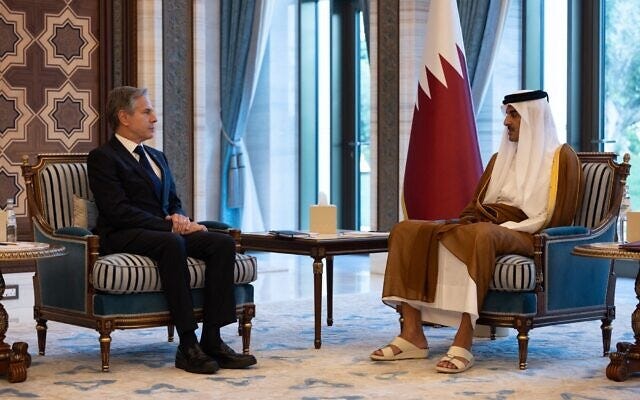Dissing Goldilocks in the Middle East
To execute his Mideast strategy, Biden must decisively leverage all the tools of American power
Last week I wrote about the need for President Biden to move from a reactive posture to a more proactive strategic policy in order to deter Iran and its proxies. That approach needs to be expanded to his Middle East policy more broadly.
Diplomats say it is a quiet moment in the region, while everyone waits to see if cease-fire neg…
Keep reading with a 7-day free trial
Subscribe to Cosmopolitics by Elise Labott to keep reading this post and get 7 days of free access to the full post archives.





